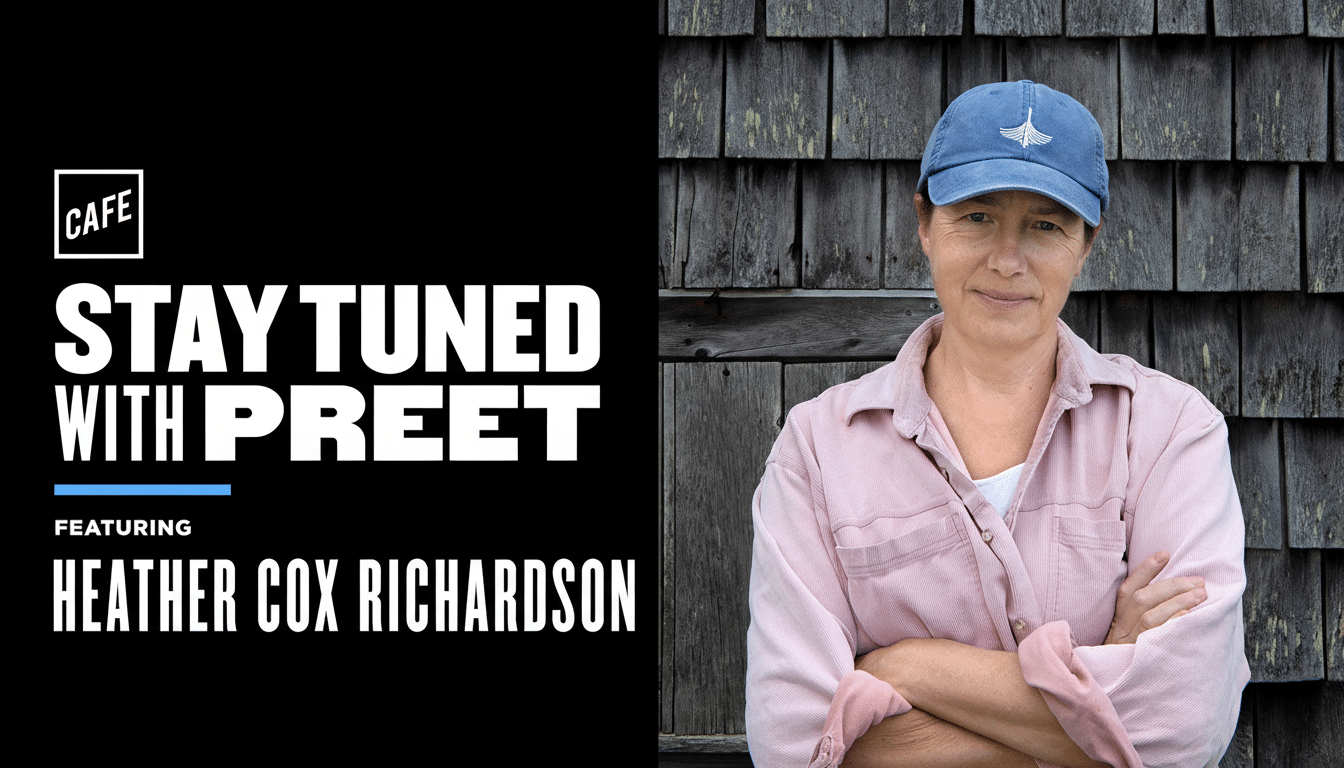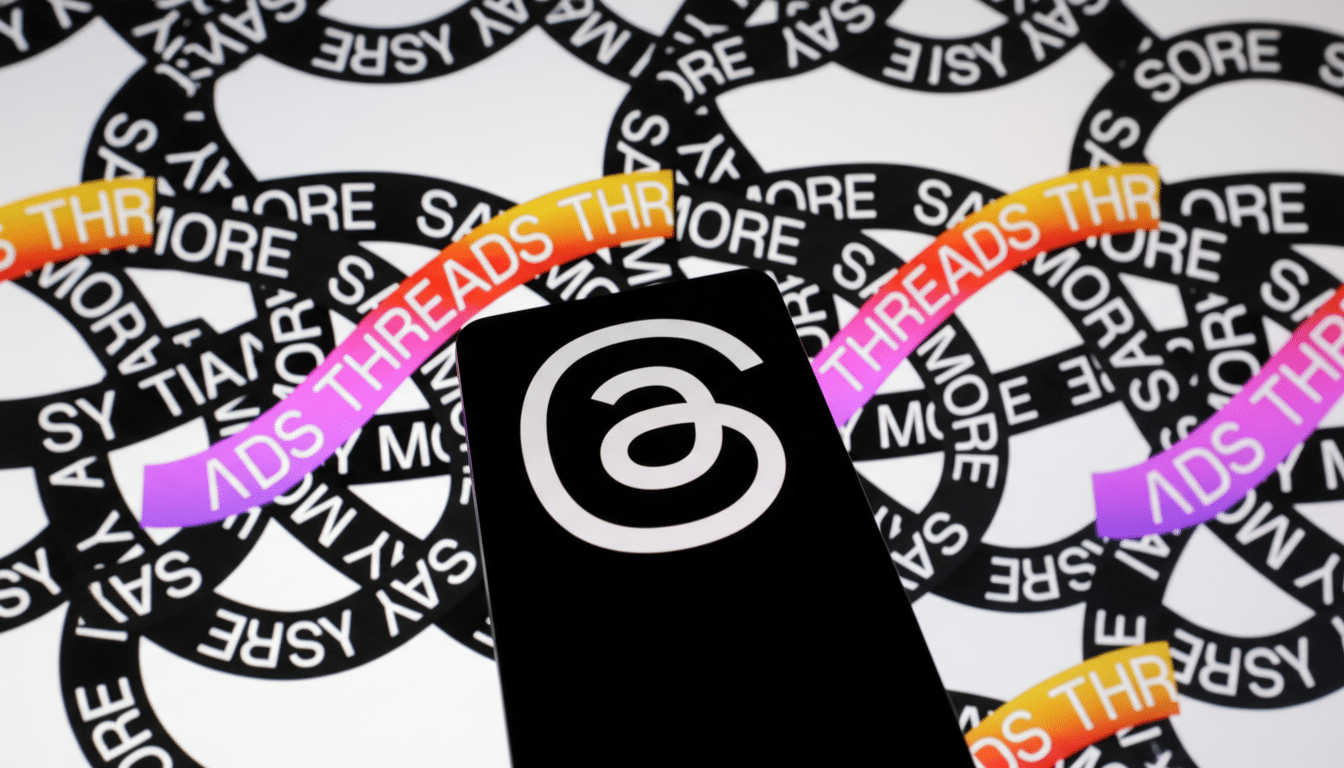Meta’s Threads is homing in on podcasters with a new set of features that it hopes will make the app a natural home for show conversations. The rollout requires that podcast links be given a unique, more prominent treatment in the feed and adds a new dedicated field for podcast links on creator profiles, indicating an effort to own the conversation layer around episodes, guests, and breaking moments.
The bet, more simply: podcasts create dedicated yakkety-yak tribes, but that yak is spread across Reddit, Clubhouse, YouTube, Spotify, Facebook, and Instagram. Threads wants to harness that energy. The app has more than 400 million monthly active users and about 150 million daily, according to the app; X, meanwhile, has claimed approximately 600 million monthly. Just a slice of podcast discussion would be a meaningful reorientation of engagement.

Why Podcasters Are the Next Battleground
Podcasting has become a mainstream habit and an emerging portion of the media landscape. Publisher surveys from Edison Research show monthly and weekly listeners increasing year over year in the U.S. Industry trade bodies IAB and PwC estimate that podcast ad revenue crossed the $2B threshold, predicting further double-digit growth. It’s that combination of scale — and spend — that makes podcasters some of the most valuable creators.
And, as important, podcasts create a dialogue that continues. Fans like to argue about interviews, trade episode recommendations, and ask hosts of obscure shows for follow-up questions. Podcasts including The Daily, SmartLess, Call Her Daddy, and Crime Junkie often spark the kind of conversation that hops between platforms. Threads is also positioning itself as the site where those threads (pun intended) begin and continue.
What Threads Is Rolling Out for Podcast Conversations
Two immediate upgrades help support the move. First are sweetened podcast links in the feed, getting an eye-catching, colorful “link card” with larger thumbnails that make episodes easier to spot — and harder to scroll past. Second, creators can now add a specific podcast link to their profile that’s styled differently than standard bio links, to help put new listeners one tap away from your show.
Meta says more is coming. Things hosts should be able to expect include richer analytics based on the quality of conversations and their reach — things like which clips, quotes, or mentions drive replies from guests, and how engagement varies by the time zone in which you’re releasing an episode or its type. Discovery is also on the roadmap, with features to help listeners discover shows that match their interests and to nudge hosts and fans into direct conversation in-app.
The push is a continuation of creator-focused efforts that Threads has already made, such as the ability to add up to five links in profiles and text attachments for longer, more thoughtful posts. Combined, the tools aim to turn passive scrollers into active show communities.
Competing for the Conversation Layer Across Platforms
Threads enters a crowded arena. YouTube comments are a default hangout for many podcasters who publish video versions, and in the last month Spotify has brought its own comments to join Q&A and polls on shows. And Reddit lives for deep-dive episode threads, while X continues to serve as a real-time backchannel during headline-making interviews.

Threads’ edge is distribution and identity. With Instagram adjacency, it can put podcast chats in front of giant pre-existing social graphs of friends and leverage algorithmic recommendations to pair episodes with interest clusters. Meanwhile, if new linking cards drive up click-through and the profile field lessens friction, hosts could direct their audience to Threads as a sort of primary site for this type of content before syndicating around.
A practical example: a host trailers the episode with a 60-second teaser clip, pins the standout quote, and attaches the episode link card. That profile’s dedicated link captures new listeners; replies aggregate into one conversation that extends beyond launch day. If analytics prove these posts lift completion rates or drive measurable player starts, then Threads will have an attractive sales pitch.
What Success Looks Like for Threads and Podcasters
For Threads, the goal isn’t more posts; it’s sustained, episodic engagement. Metrics to monitor will be reply velocity within the first hour of an episode drop, repeat participation across multiple releases, as well as how much discussion is started on Threads compared to that which has been imported in from other networks. For creators, it’s all about conversion: from link clicks to listening apps, to follows on show profiles, to the impact on average consumption.
Longer term, anticipate the pressure to add deeper integrations: smarter episode previews, clip generation, and possibly ingest RSS metadata to auto-render rich link cards. Monetization features like sponsor tagging, affiliate tracking, or fan memberships that include exclusive Threads discussions would bolster the creator value proposition and prevent hosts from posting only natively.
Open Questions About Moderation and Interoperability
Two unknowns loom. First, moderation at scale: podcast arguments have a way of getting heated, and hosts will demand tools for comment filters and keyword blocking as well as community management. Second, interoperability: as Threads plays with decentralized social standards, will I be able to find or move podcast conversations across networks without losing context or controls?
Still, the direction is clear. By offering podcasters fetching distribution, profile-level placement, and a promise of smarter insight into what lands, Threads is making a credible play at hosting the conversation that takes place after the episode is over. And if the features result in measurable lift, the hosts — and their most active fans — will come.

